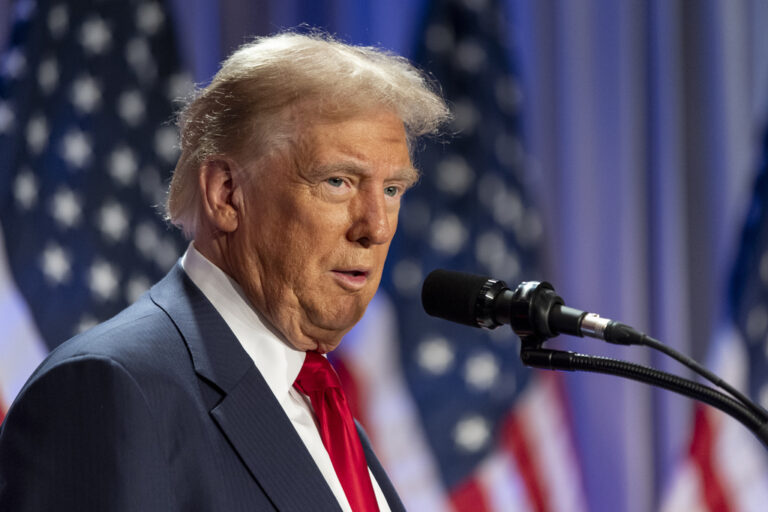 Wireless Internet service is starting to spread among airlines in the United States — Delta and American have installed it on more than a dozen planes each, and several other carriers are planning to test it.
Wireless Internet service is starting to spread among airlines in the United States — Delta and American have installed it on more than a dozen planes each, and several other carriers are planning to test it.
For the airlines, always desperate for new sources of revenue, offering the service — about $10 for three hours and more for longer flights — was an easy call. And many passengers will cheer the development as an end to Web withdrawal.
But this new frill is hardly as benign as a bag of pretzels. It may be a new source of tension between passengers on packed planes. A flight attendants’ union has even expressed concern that terrorists could use it to plot attacks.
And there is the inescapable fact that one of the last places on earth to get away from it all can now be turned into a mobile office.
Airline executives said they were aware that the new service had the potential to raise issues beyond the bottom line.
“We want to be respectful of the fact that an airplane is a public place,” said Ranjan Goswami, director of product development at Delta. “You’re in close intimacy with other passengers and the cabin crew.”
Delta has told its flight attendants to treat overly enthusiastic users of Wi-Fi — who might, say, forget to mute the volume on YouTube videos of skateboarding dogs — like people who imbibe too much. In other words, cut them off if they start bothering others around them.
“It’s just like alcohol,” Goswami said. “The flight attendants understand how to interact with that.”
But the Association of Flight Attendants, which represents 55,000 employees at 20 airlines, though not Delta, views Wi-Fi as a potential threat to flight attendants’ ability to keep order in the cabin, said Corey Caldwell, a union spokeswoman.
“Our duties involve securing the safety of the cabin, not acting as censor police,” Caldwell said. “It just adds another layer of duties inside the cabin, which take away from the main requirement that flight attendants are on board for.”
Caldwell said the flight attendants’ union also feared that terrorists plotting a scheme on a plane could use Wi-Fi to communicate with one another on board and with conspirators on the ground.
The Federal Aviation Administration bans the use of cellphones aboard planes because they may interfere with a jet’s navigation system. But Wi-Fi, as most technophiles know, offers a way around that ban, since the wireless connections can be used to tap into Skype and other programs that offer telephone service via a computer.
Both airlines are using Wi-Fi service provided by Aircell. For now, American is offering its service on 15 Boeing 767 jets, said September Wade, a spokeswoman. If the test is successful, American will consider offering the service on its entire domestic fleet, but it has not decided yet whether to do so.
On Delta, service is $9.95 for a flight of three hours or less, $12.95 for a longer flight. American-based carriers do not yet offer the service on their international flights, although Delta is exploring it.
If all 150 passengers on a typical domestic flight were to buy three hours of time, that would mean an extra $1,500 or so in revenue per trip — equal to selling several extra seats per flight. Delta said its service was too new to accurately gauge its popularity, and American would not say how many travelers were using the service.
By offering the service, airlines in the United States are catching up to many foreign carriers, like Lufthansa, which has offered the service for the past several years.
(Source: International Herald Tribune)










